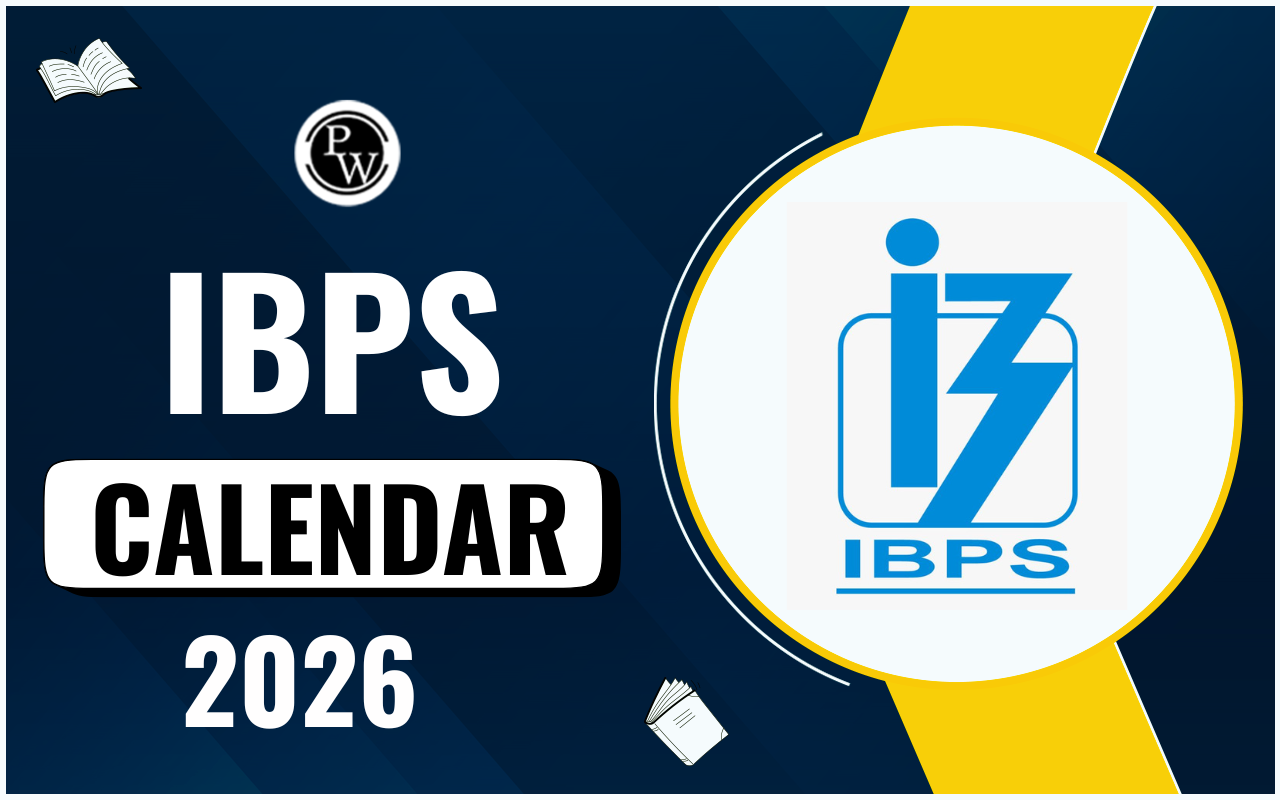
Credit Bureaus in India
Credit Bureaus in India: Our creditworthiness in India is determined by credit bureaus, specifically TransUnion CIBIL, CRIF High Mark, Equifax, and Experian. These third-party entities function under the supervision of the Reserve Bank of India, authorized to collect, interpret, and securely store credit-related data as per the regulations specified in the Credit Information Companies (Regulation) Act, 2005.
In this article you will gain a deeper understanding of these credit bureaus and how they generate Credit Information Reports (CIRs) while assigning your credit score.
Credit Bureaus in India List
TransUnion CIBIL
- TransUnion CIBIL boasts a vast repository of customer information, with credit information records for over a billion individuals and enterprises.
- Established in 2000, it commenced its services as a credit bureau in India in 2004. With more than 5,000 members, including prominent financial institutions, banks, housing finance companies, and NBFCs, TransUnion CIBIL provides accessible services for checking your credit score and comprehending its components.
- Its website and app, CIBIL® Score & Report, offer a wealth of information. Renowned for its reliable and extensive information, it caters to both retail customers and corporations, aiming to enhance lending risk management.
- TransUnion CIBIL introduced the CIBIL score in 2007 and pioneered the creation of a database for high-risk credit activity and mortgage loans in India in 2010.
CRIF High Mark
- As one of the leading credit bureaus in India, CRIF High Mark supports millions of lending decisions monthly. Established in 2008 and operational since 2011, it provides services such as credit information, credit management, analytics, and scoring.
- Its clientele includes Edelweiss, State Bank of India, Shriram City Union Finance, Punjab National Bank, and others. CRIF High Mark was the first credit bureau in India to offer comprehensive information on various borrower types, spanning MSMEs, retail consumers, microfinance borrowers, commercial borrowers, and more.
- It has one of the country's largest databases, drawing information from over 4,000 financial institutions.
- It was also the first to offer a comprehensive Credit Information Report, microfinance credit reports, and a commercial score for businesses.
Equifax India
- Operating globally for over a century, Equifax began providing credit information services in India in 2010. Through a joint venture with leading financial institutions, Equifax Credit Information Services Private Limited (ECIS) was formed.
- Serving over 1,000 members, including insurance companies, NBFCs, banks, and microfinance institutions, Equifax India is recognized for its expertise in microfinance, fintech lending, retail lending, and MSME financing.
- It offers various reports and services such as Basic Consumer Information Reports, Enhanced Consumer Information Reports, Equifax Alerts, and Microfinance Institution Credit Information Reports.
- Equifax India is known for its advanced analytics, industry knowledge, and trusted data.
Experian
- With a global presence spanning over 125 years, Experian focuses on providing data and analytics services worldwide. In India, it commenced its operations as a credit bureau in 2010, collaborating with over 5,000 members and maintaining a database of over 430 million records.
- Beyond offering credit scoring services to lenders, Experian assists individuals in accessing information to enhance and maintain credit scores, supports business growth, and prevents fraud and identity theft.
- Recognized for its sophisticated technology and data interpretation, Experian collaborates with financial companies, insurers, e-commerce firms, and telcos, providing a diverse range of information services.
- Experian India has received awards, including the 'Technical Innovation Award' at Technoviti 2020, and has been named one of the 'World's Most Innovative Companies' multiple times by Forbes. Besides consumer credit reports, Experian India offers commercial reports and a variety of market insights.
How Credit Bureaus in India Operates?
Credit bureaus, also called credit information companies or agencies, collect data on your credit transactions from banks, financial institutions, and other entities. These member institutions report relevant data, including applied loans, existing debts, repayment behavior, new credit applications, credit card bill payment history, and more. In some cases, information related to mobile and utility bills, as well as other public data, is also collected.
Based on this information, credit bureaus in India generate your credit information report and assign you a credit score. A higher credit score is assigned if you have consistently paid EMIs and credit card bills on time, maintained a favorable credit utilization ratio, diversified your credit solutions, and avoided simultaneous applications for too much credit. On the other side, a low credit score can stem from missed loan payments, late repayments, or having a significant debt-to-income ratio.
When you apply for a higher credit card limit or a new loan, lenders assess your credit score and report by obtaining information from these credit agencies. A high credit score enhances your chances of securing affordable financing from top lenders for the desired amount. Conversely, a low score may lead to rejected loan applications or approval for a lower amount at a higher interest rate.
Credit Bureaus in India Role
This continuous cycle of information and data exchange enables lenders to assess the risk of lending to individuals and businesses by exercising due diligence. Credit information companies play a crucial role in evaluating a borrower's repayment capacity and reliability, helping lenders minimize risk and expedite loan approvals.
Credit bureaus also contribute to financial inclusion by collecting data on individuals new to credit, enabling lenders to offer reasonably priced credit. Additionally, they enhance financial literacy by providing a wealth of information to prospective borrowers.
What constitutes a Credit Score and Credit Report?
A critical role played by credit bureaus in India is the compilation of financial data to generate credit reports for individuals. These reports provide a comprehensive overview of an individual's credit status, encapsulating their credit score.
Elements such as the number of open accounts, credit cards, outstanding debt, and repayment history influence the credit score, which typically ranges from 0 to 900. Lenders often view a credit score below 600 as a red flag, while a score above 700 is deemed excellent, signifying strong creditworthiness. Scores between 600 and 700 are considered moderate, indicating somewhat risky credit behavior. However, there are strategies to enhance a low credit score.
Do Credit Scores and Credit Reports Vary Across Bureaus?
Indeed, credit bureau scores can differ among various credit bureaus. This variance arises due to variations in algorithms and scoring models employed by different credit information companies (CIC). Despite this, the information in the credit report remains consistent, as all bureaus obtain data from the same lenders. Factors contributing to score disparities include:
- Data Source Differences: Credit bureaus derive information from financial institutions and banks. Discrepancies may arise if some data is not simultaneously provided to all credit agencies, leading to variations in the completeness and timeliness of information.
- Information Accuracy: While minor discrepancies are common, significant variations may indicate errors in data reporting or identification. In such cases, individuals are encouraged to report inaccuracies to the credit bureau for correction.
What are the credit bureaus in India?
Is Equifax a credit bureau in India?
Who assigns your credit score in India?
Which is the most trusted credit bureau in India?
What are the 7 credit rating agencies in India?










